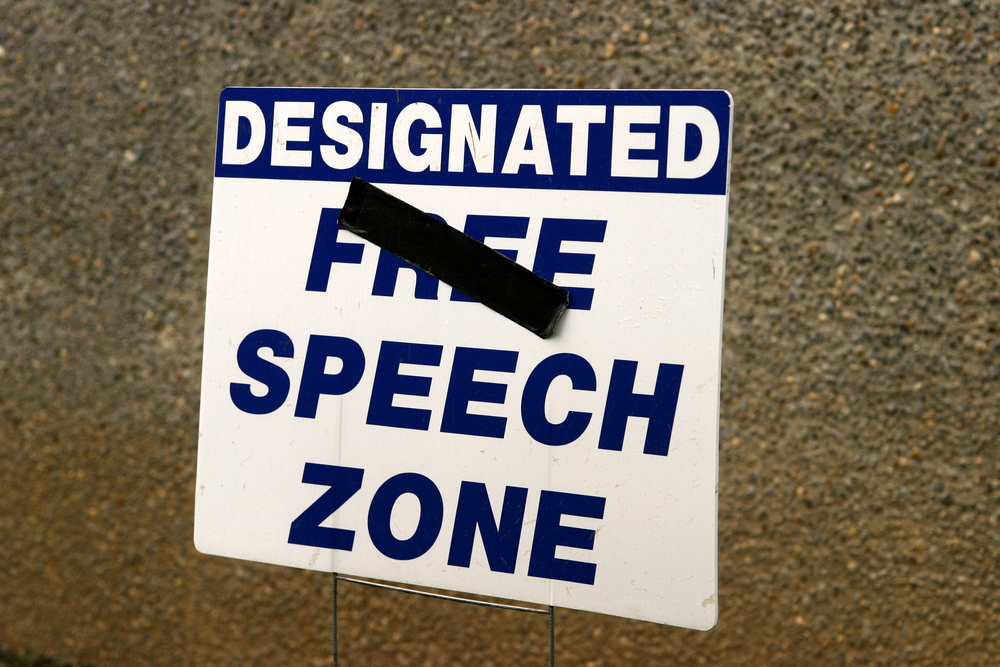Beware of what you write on social media because thin-skinned elected officials might be able to tattle if a new bill studying online harassment passes.
On March 20, the Government Administration and Elections Committee heard testimony on H.B. 6410 that would “establish a working group to study the issue of online harassment” to make recommendations on how to “penalize online harassment of individuals and guidelines for reporting online harassment of municipal and state-elected officials.”
The working group will consist of nine members appointed by the majority party and four members selected by the minority party. It also includes the attorney general, chief state’s attorney and executive director of the Freedom of Information Commission or a designee.
Nearly 150 people submitted testimony with the overwhelming majority opposing the legislation, including Kate Prokop, president of Connecticut Residents Against Medical Mandates (CTRAMM) who believes the bill will be used to “inhibit freedom of speech.” She questioned the imbalance of what will be considered “harassment” by noting how several politicians — such as Senate Majority Leader Bob Duff, Lt. Gov. Susan Bysiewicz and Sen. Saud Anwar — labeled CTRAMM as “extremist” during the pandemic with apparent impunity.
“I’m not advocating for hate speech or condemning people. [I’m] against online censorship because it establishes an unnecessary paternal relationship with the government,” Prokop said in her testimony. “Proposed Bill 6410 aims to limit constitutionally protected free speech online by demanding self-censorship from residents that have been gaslighted by elected officials for years.”
While the committee passed the bill on March 27 and now awaits a vote in the House, a law already exists protecting elected officials — as well as the public — from online harassment, making cyberstalking and cyber-harassment a crime.
Concurrently, another bill introduced by Rep. Tom O’Dea (R-125) would “require state agencies to hold a hearing prior to contacting a social media platform to complain about an individual or group.” Additionally, any individual or group blocked on a social media platform due to a complaint by a state employee or elected official “may appeal such restriction to the Superior Court.”
Unlike H.B. 6410, few submitted testimony, the most noticeable being a Jess Zaccagnino, policy counsel for the American Civil Liberties Union of Connecticut (ACLU-CT), who opposed the legislation as it still gave power to the government to censor.
“The First Amendment is clear. Government actors and agencies cannot and should not censor people for disagreeing with them, whether that is at a town meeting, on a public sidewalk, or online,” Zaccagnino stated. “Creating a process that requires state agencies to hold a hearing prior to blocking or reporting an individual group still allows for government actors and agencies to censor people for disagreeing with them.”


james govoni
April 2, 2023 @ 12:02 pm
This government sucks! absolute fucking garbage!!!